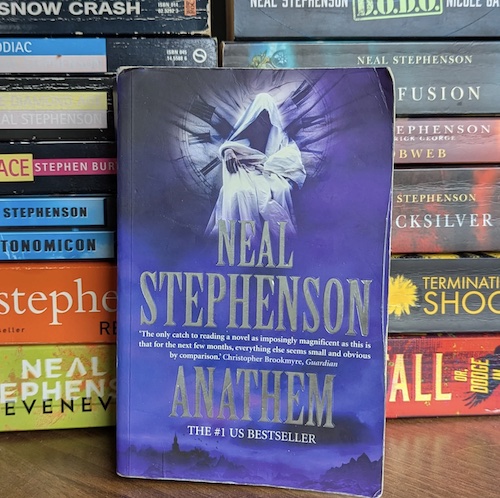Grass
★★★★★A plague is sweeping the worlds of humanity, sparing only one: Grass - a lightly populated colony, home to pastoral noble houses, a strange alien ecology, and the mysterious ruins of a vanished civilisation. To uncover the reasons for the planet’s immunity, two ambassadors and their family are sent to investigate.
The novel begins slowly, with a hunting scene featuring an unlikable group of nobles and an obsessive deep dive into hunting and horse-riding arcana. It’s an unrelatable opening, but soon gets into more comfortable territory, so don’t let it bounce you off what becomes a worthwhile read.
The world of Grass is beautifully realised and intricately woven into the narrative - its ecology of endless grasses and alien fauna, its layered social structures of the aristocracy and commoners, its rituals and secret histories. This is rounded worldbuilding, creating a wonderfully deep sense of place that I wanted to unwrap and live in. Tepper is similarly masterful with her flawed characters, building out an ensemble cast - some likeable, many not - all with distinct motivations and personalities, and layering on some of the most compelling depictions of family dynamics I’ve read. Complex relationships between spouses, between parent and child, and tangled loyalties to house, blood, and faith.
Exploration of control pervades the novel - through telepathy, through social hierarchies, through the weight of tradition and belief. Tepper uses her protagonist’s journey to explore the impact of religion, patriarchy, duty, and love with nuance, avoiding didacticism. The blocked metamorphosis of Grass’s native species, trapping them in a perpetual cycle of violence and predation, serves as a potent metaphor for a human civilisation stifled by reproductive control and ideological rigidity. Both the alien ecology and humanity are stagnating, unable to evolve, socially, biologically, or spiritually, because of the reproductive oppression which blocks their growth and renewal.
Highly recommended.




